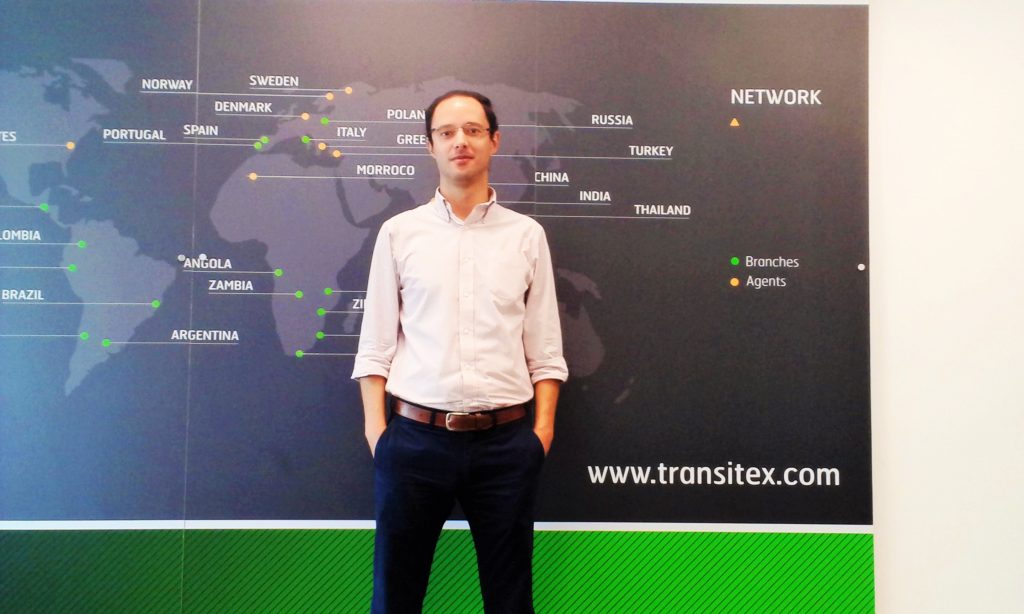Since 2002, with the onset of peace, Angola was a star in the world’s economy, one of the most notable emerging economies, with double-digit growth rates of the economy for almost a decade. With some shocks in the middle, due to the financial crisis that began in 2008, but nothing that really frightened, liquidity abounded, the supply of quality products and services increased markedly and Luanda was consecutively claimed as the most expensive city in the world. But in 2014 arrived and suddenly everything changed. The reduction of oil prices showed the paradigm of the Angolan economy exposing its almost total dependence on black gold. Crisis was accompanied by a structural crisis that already existed, since the structure of the Angolan economy was still too young for this shock: it lived on imports of products for immediate consumption, with little or no transformation that added them value and its great source of income, almost its only exportation, was oil. With cheap oil less revenues, less capacity to import and the whole economy slowed down.
Since then, a greater diversification of the economy has been a priority, allowing to create more sources of revenue, which will facilitate the importation of raw materials and machinery, as well as the creation of the necessary infrastructures for the development of a more productive and export economy. However, this is not done overnight and to develop a productive economy, a robust supply chain is also needed, and this is where logistics operators play a key role.
For years, logistic operators in Angola (from freight forwarders to shipping agents, dispatchers, etc.), except for rare and honourable exceptions with interesting projects, have contributed little to the creation of value, for the real creation of a real supply chain. Most of them were merely “surfing the wave” of the import boom by transporting the container from point A to point B. The present currency crisis also does not help the role of logistics operators, the availability of foreign exchange to them is practically null, which are thus limited in their capacity to create infrastructure and solutions for economic agents. But it is in the crisis that the opportunity arises and it is therefore incumbent upon the logistics operators to diversify their range of services and products as well as to become more actively involved in the whole economy, since they are the fundamental part of a chain of supply. They must be heard and be heard.
Here Transitex has something to demonstrate. All our structure, national and international, is at the service of the Angolan economy. We always look for the best solution in order to add value to the whole economy, we do not limit ourselves to transporting faster or at the best price, we seek, plan and advise all our partners for the best solution to their services, products and logistics needs. We seek efficiency and effectiveness as key levers for competitiveness. From procurement to distribution, we strive to be present throughout the supply chain, always focusing on value creation. That is why the term “supply chain” has fallen into disuse and has been replaced by “value chain”. That is why we believe in Angola. For some reason our motto is THE WORLD CLOSER.”
André Pitéu





